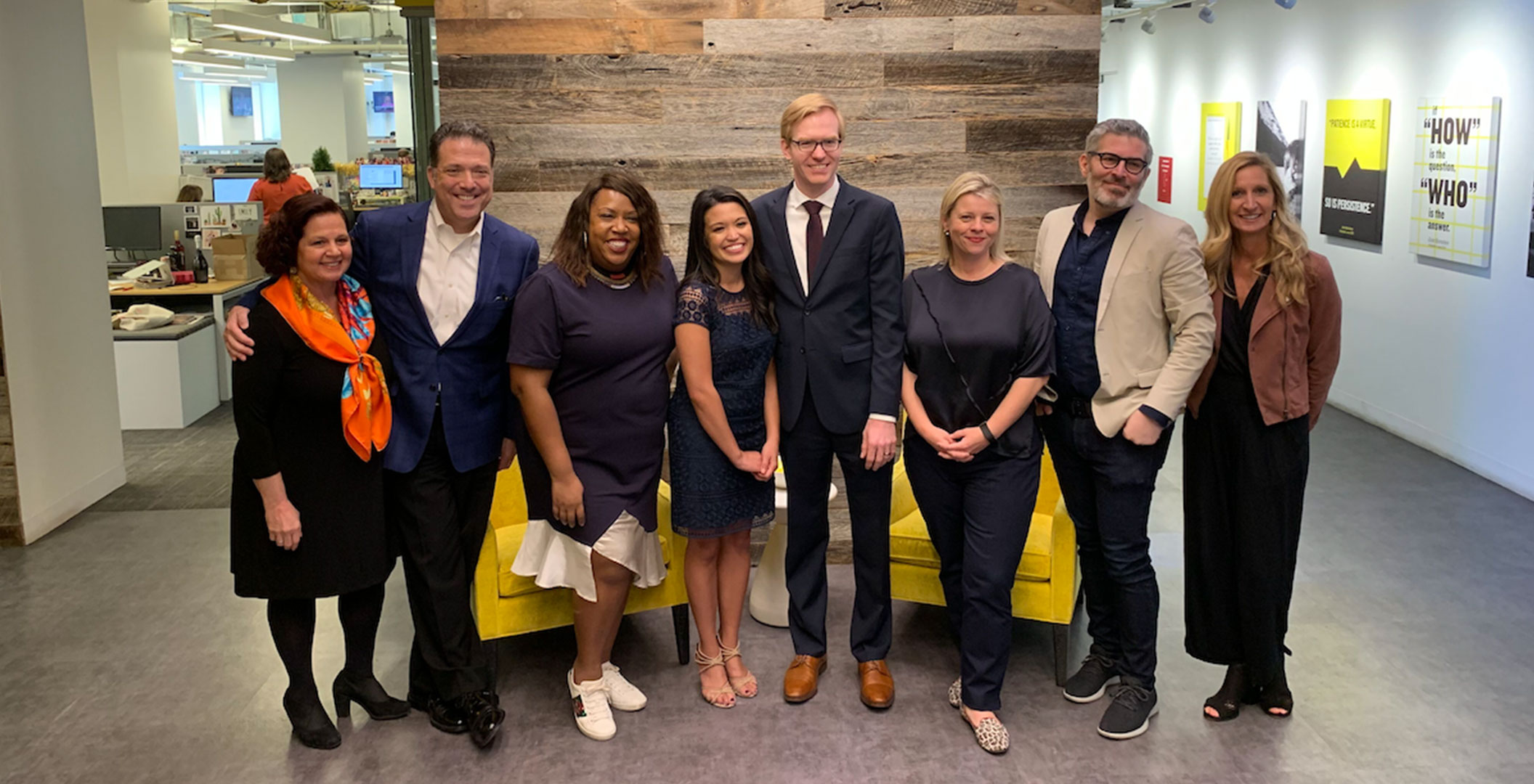Competing for the Cannes Young Lions: Why Your First Idea is Your Worst Idea

This post originally appeared on PR Week
Creativity is a core skill in communications—one you can’t practice enough. Every year, the U.S. Cannes Young Lions competition gives creative professionals under 30 the opportunity to put their minds to work solving big challenges.

Don’t go with your first idea.
Remember what the campaign is about.
Tell the client something they don’t already know.
Understand what an insight is.
The key to a great campaign is a great insight; a fundamental truth driving the behavior of the people you’re trying to reach. An insight is not what you’re trying to get them to do. And it’s important to remember the difference.
For example, the creative idea that brings your campaign to life or the action that you want your audience to take are important elements of a campaign, but they are not the insight.
Prepare for the final pitch—but don’t over prepare.
Being selected as a finalist is exciting, but also nerve-wracking. After all, it means you’ll have six to seven minutes to present your campaign to a group of judges—and then field their questions. It’s easy to over prepare.
Of course, you need to know your stuff. But you also need to be authentic and show your personality. If you over-rehearse, you’ll sound like you’re reciting a script from memory and the judges will notice.
In PR, we have the opportunity to flex our creative muscles on a daily basis. The skills we develop can be applied not just to future Cannes Young Lions competitions, but to many situations, from business pitches to client projects.
Thinking creatively is more important than ever. You can’t practice it enough.






